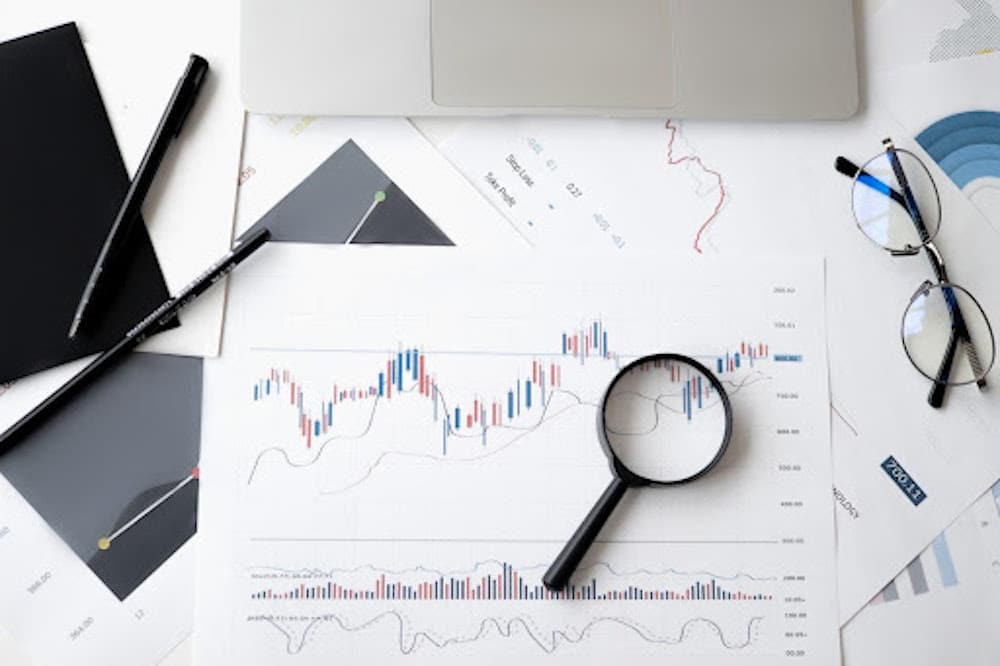Table of Contents
“The market can stay irrational longer than you can stay solvent.” – John Maynard Keynes
It’s no secret that the world of trading can be a stressful and unpredictable place. With so much on the line and so many variables at play, it’s no wonder that traders often find themselves struggling with their emotions. This is where trading psychology comes in. With that said, let’s find out what trading psychology actually is and how you can become an expert in the field of trading psychology.
What is Trading Psychology?
Simply put, trading psychology is the study of how the human mind affects trading decisions. It’s about understanding the psychological biases and emotional tendencies that can lead traders astray, and learning how to overcome them. According to witzeltrading.com, it’s a field that encompasses everything from risk management and decision-making to stress management and goal setting.
Why is Trading Psychology So Important?
“I learned that to be a good trader, it’s not just about being right or wrong, it’s about managing your emotions and controlling your risk.” – Paul Tudor Jones
As we mentioned before, the world of trading can be stressful and unpredictable. This can make it easy for traders to get caught up in their emotions and make decisions that aren’t necessarily in their best interests. By understanding and managing our psychological biases and emotional tendencies, we can make more rational and informed decisions, and ultimately, improve our chances of success.
Top 5 Trading Psychology Tips
Here are 5 tips to take on the monster known as trading psychology:
- Set Realistic Goals and Expectations: It’s important to have a clear understanding of what you want to achieve through trading and to set realistic goals and expectations for yourself. This can help you stay focused and motivated, and prevent you from getting overly anxious or disappointed.
- Develop a Trading Plan: A trading plan is a written document that outlines your trading strategy, risk management practices, and other important details. Having a clear and well-defined plan can help you stay organized and focused, and reduce the risk of making impulsive decisions.
- Practice Risk Management: Risk management is an essential part of trading psychology. It’s about understanding the potential risks involved in a trade and taking steps to mitigate those risks. This can include setting stop-loss orders, diversifying your portfolio, and having a clear understanding of your risk tolerance.
- Stay Level-headed: Trading can be an emotional rollercoaster, with highs and lows around every corner. It’s important to stay level-headed and not get too caught up in the excitement or despair of any single trade. Take a step back and try to maintain a long-term perspective.
- Learn From Your Mistakes: It’s inevitable that you will make mistakes as a trader. The key is to learn from those mistakes and use them as opportunities to grow and improve. Don’t beat yourself up over your mistakes and try to see them as opportunities for learning and growth.
- Take Breaks and Practice Self-care: Trading can be a demanding and time-consuming activity. So, take breaks and practice self-care to prevent burnout. This can include taking regular breaks to rest and recharge, getting enough sleep, and engaging in activities that help you relax and de-stress.
- Seek Guidance From a Mentor or Coach: Trading can be a complex and overwhelming endeavor, especially for those just starting out. Seeking guidance from a mentor or coach can be incredibly helpful in navigating the ups and downs of the market. A mentor or coach can provide valuable insights, guidance, and support, and can help you stay on track and focused on your goals.
Conclusion
Trading psychology is an often overlooked, but crucial aspect of successful trading. By understanding and managing our psychological biases and emotional tendencies, we can make more rational and informed decisions, and ultimately, improve our chances of success. Remember, as Paul Tudor Jones once said, “It’s not just about being right or wrong, it’s about managing your emotions and controlling your risk.”

